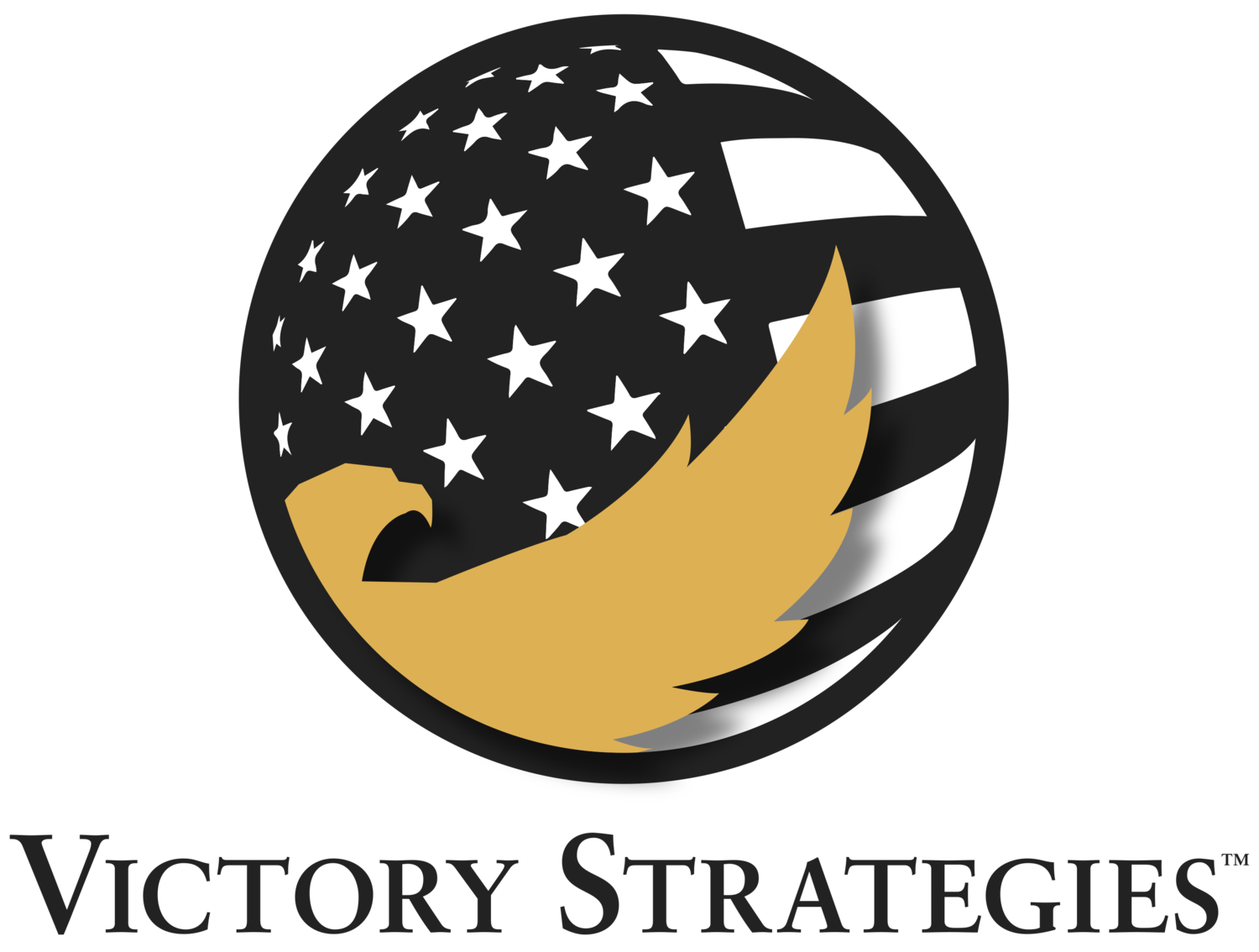Years ago, I sat in my office as a wing commander, reviewing packages and working to decide which of our enlisted airmen to send to Officer Training School (OTS) and be commissioned as an officer in our United States Air Force.
The Commander of Air Combat Command had decided to give each wing commander a "silver bullet." Instead of the normal, centralized selection board, we could each name one of our enlisted airmen to attend OTS with no further approval. I asked all 20 of my subordinate squadron commanders to submit candidates that their respective group commanders would reduce to a single submission. The four candidates submitted were all impressive. As per my normal process, I asked my command chief, my senior enlisted leader, to rank them first before I reviewed the packages. She left them with me, rank ordered one through four. I decided not to look at her rankings until after I made my own, and then see where we both landed. As always, I had an unconscious hope that our rankings would match, reaffirming my selection.
The four Airmen had some similarities, but there was one stark difference. Three of the candidates held the rank of Senior Airman (E-4), therefore relatively young, having served only a few years in the Air Force. Each of them had also been selected as Senior Airman "below the zone," meaning they were promoted early, an indicator that they were all star performers.
The fourth package was very different in comparison. First, this airman had served fifteen years and already attained the rank of technical sergeant (E-7). He started his career as a special mission aviator (HH-60 rescue helicopter flight engineer) and then cross-trained into civil engineering, giving him a great breadth of experience, excelling in both career specialties. The biggest discriminator however was that he had an Article 15 (serious non-judicial punishment) and a referral enlisted performance report (EPR) in his record, both very negative red flags. He was clearly my number one choice.
What?!
When I sat down with my command chief to compare our notes, I showed her my rank order and that her last place airman was my first. She was crushed as we often reinforced each other's viewpoints, even if our approach or rationale was different, and neither of us liked when we weren’t aligned on a decision. I knew why we were off in this case. I immediately asked, "you put this one last because of the Article 15 and referral EPR, right?" She admitted she had. As soon as she saw that, it made it easy to move on to the other packages, all clean of any disciplinary action whatsoever. She asked how I came to my ranking.
I told her aside from his time in service and breadth of operational experience, my number one reason was empathy. I took his EPRs and spread them across the table and explained the story they told me. He had a serious screw-up during his technical school training which scored him the Article 15 and subsequent referral EPR. That was during his immediate immersion to the military. I believed that he was likely put in a proverbial headlock by a crusty senior non-commissioned officer letting him know he could clean up his act or be out the front gate of the base with something less than an honorable discharge. His first official EPR had an overall rating of 3 out of 5; his second 4 out of 5, and then 5 out of 5 for the next 13 years, with glowing evaluations and stratifications amongst his peers. He clearly took the correction provided to heart and then excelled. More importantly, he had experienced discipline and understood the value of rehabilitation, likely more via the mentorship and guidance of experienced senior non-commissioned officers in charge of him. Based on all of those things, but mostly his experience with the Uniform Code of Military Justice (UCMJ), I felt he was most ready to have the authority to mete out discipline under the UCMJ because he had both the experience and empathy to be an effective leader.
My observations and subsequent decision were not based on wisdom, but similar personal experience. As a young lieutenant, I scored myself two letters of reprimand before reaching my first operational unit due to significant lapses in judgment. I was put in that same proverbial headlock by my flight commander who let me know I was a decent pilot but a terrible officer and that the prior would not sustain my career very long. I believe that experience made me more empathetic as a leader and willing to look for those airmen who might course correct with the right discipline, guidance, and mentoring and go on to be excellent leaders as a result.
Scar tissue is an incredible teacher that does not leave us. It remains behind to remind us of those important and impactful lessons of failure. High standards and empathy are not mutually exclusive, they are reinforcing.
Authored By: Scott “Soup” Campbell, Executive Director of Operations
